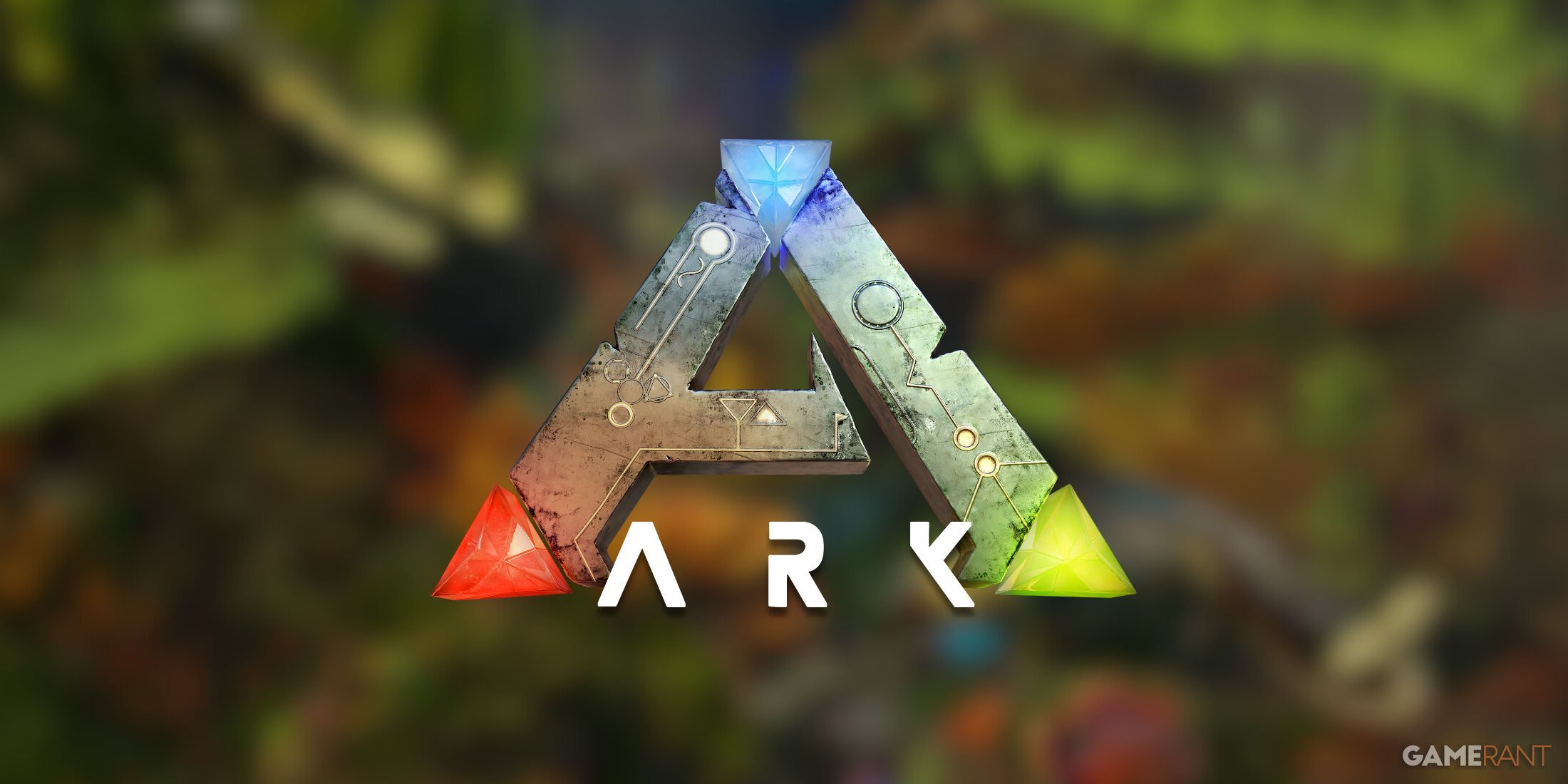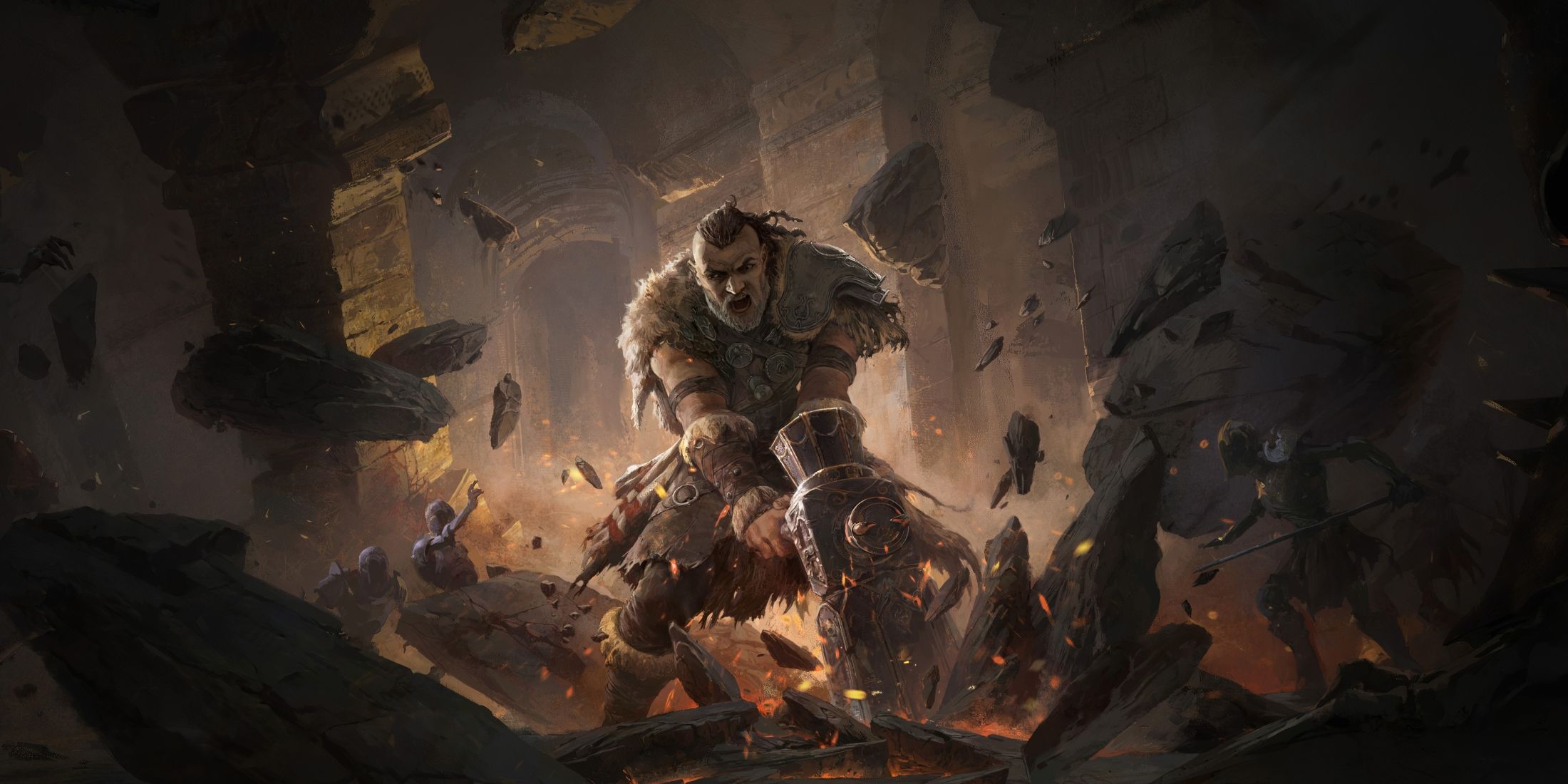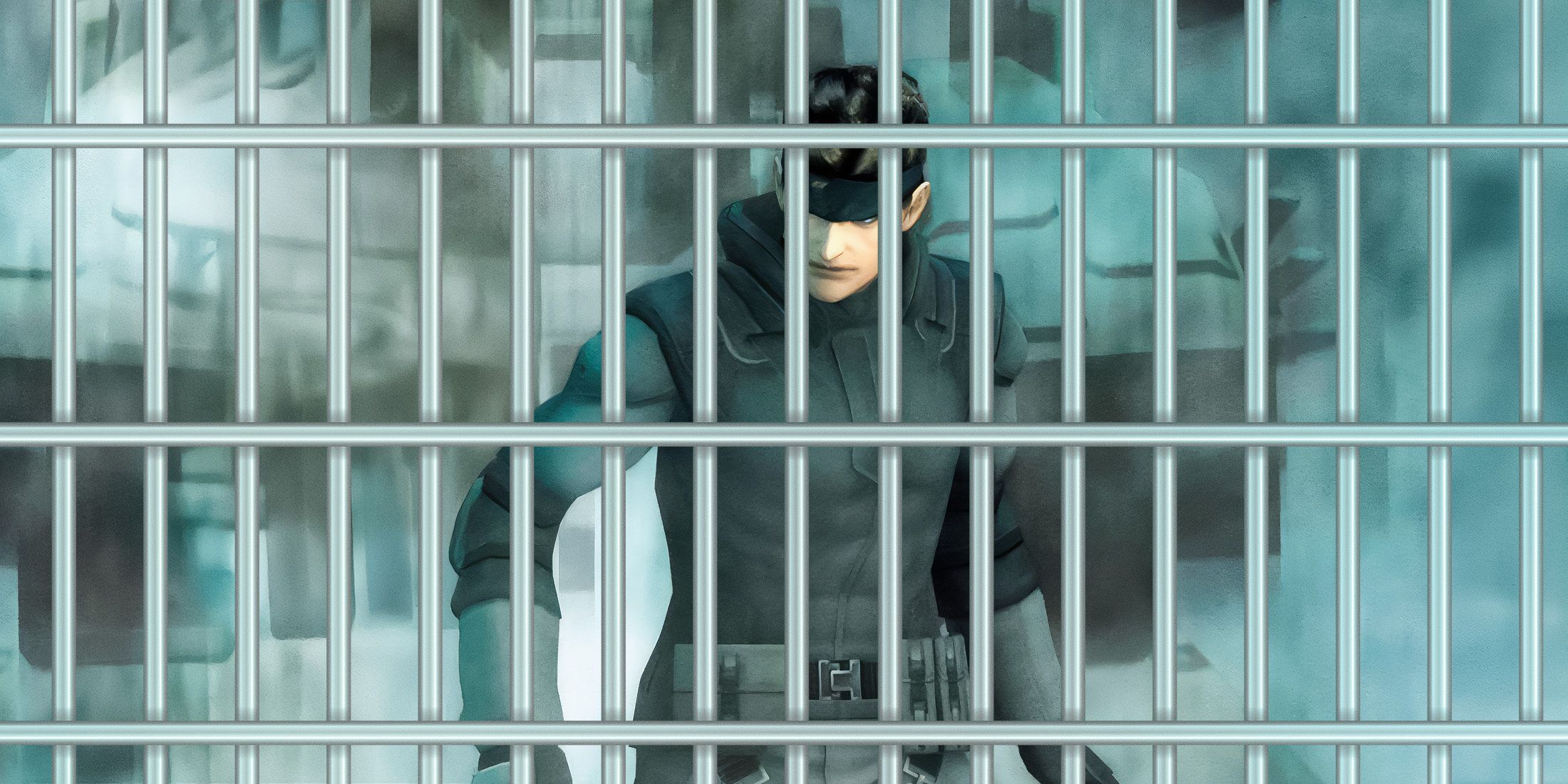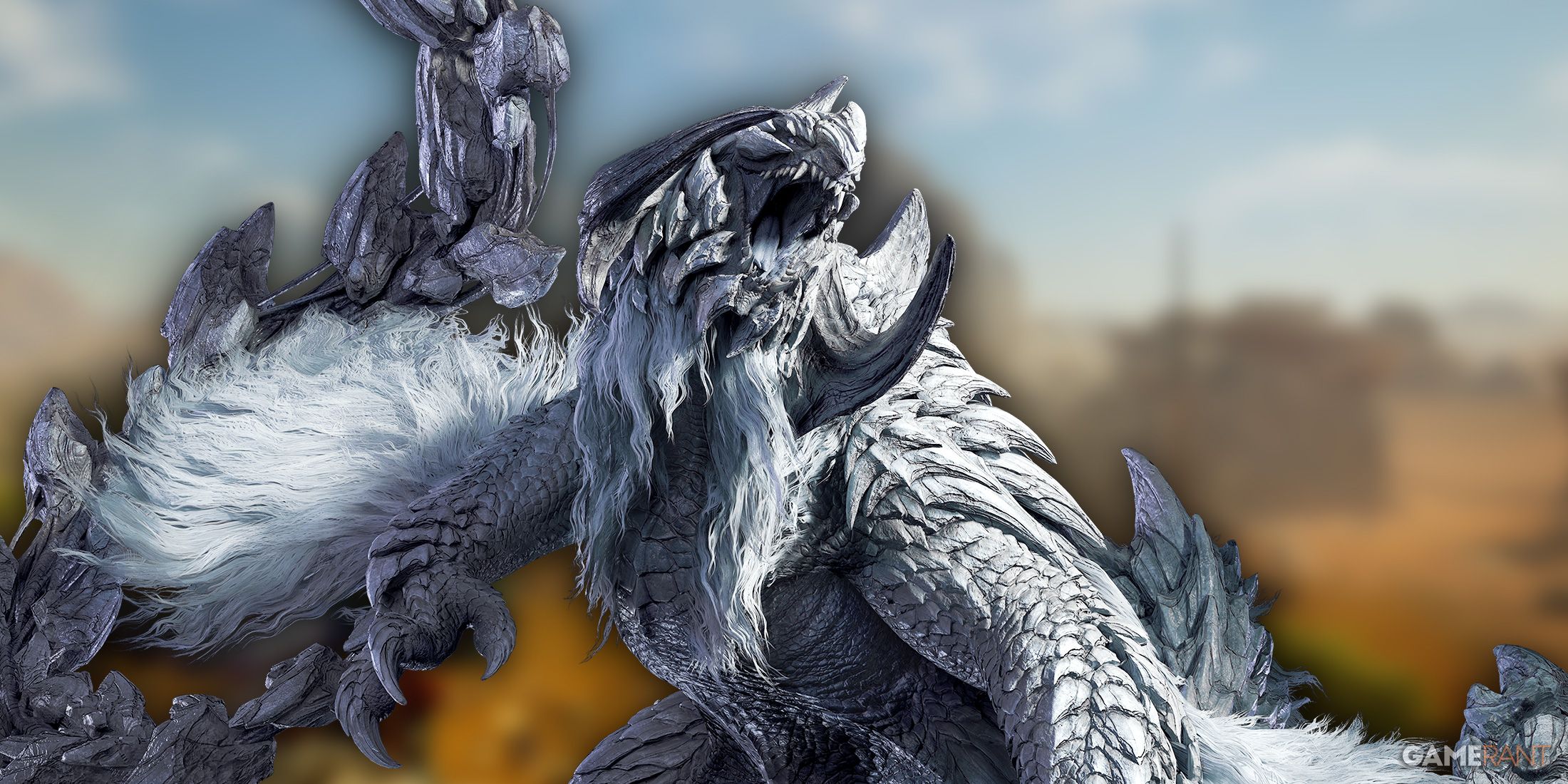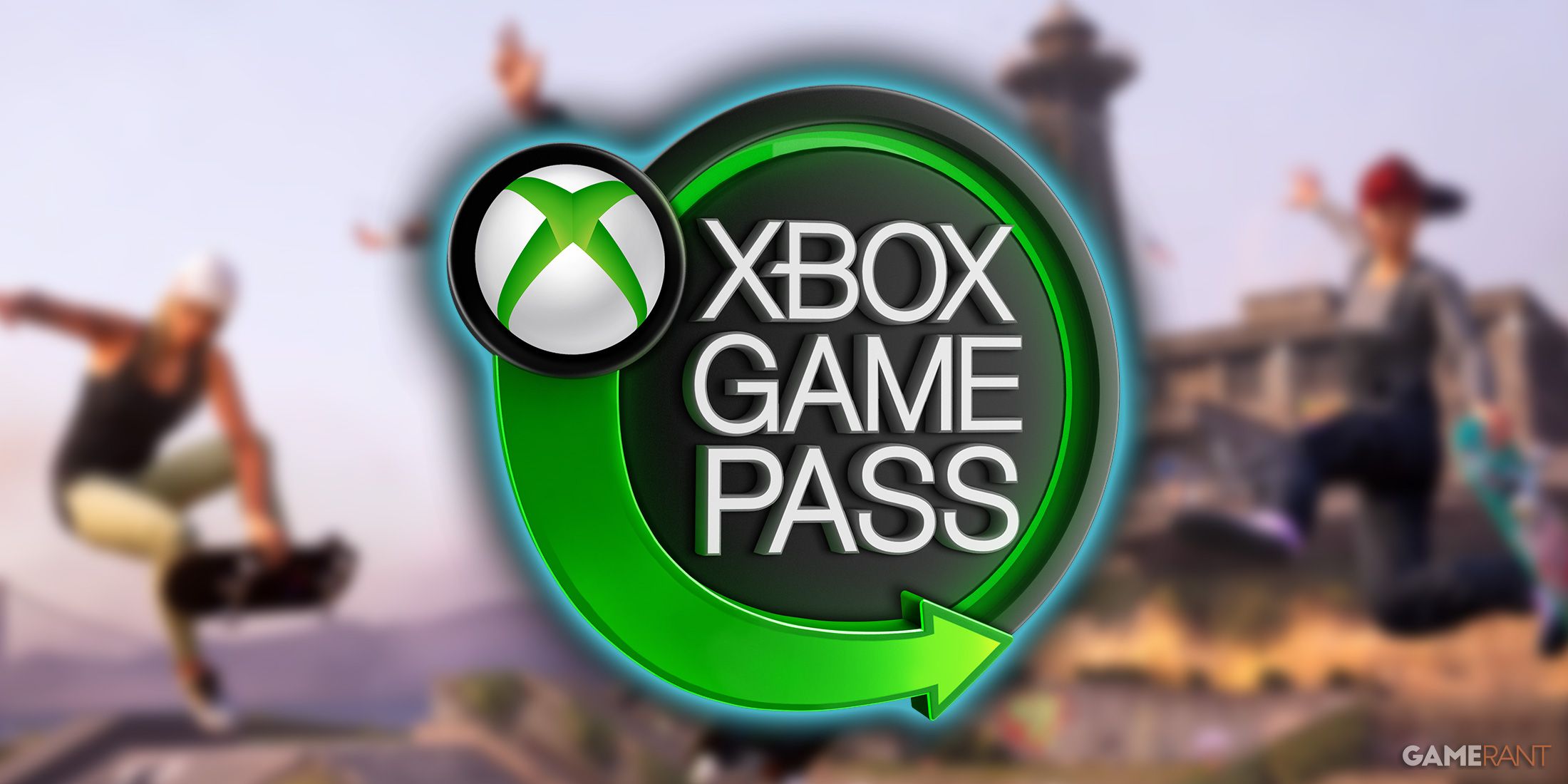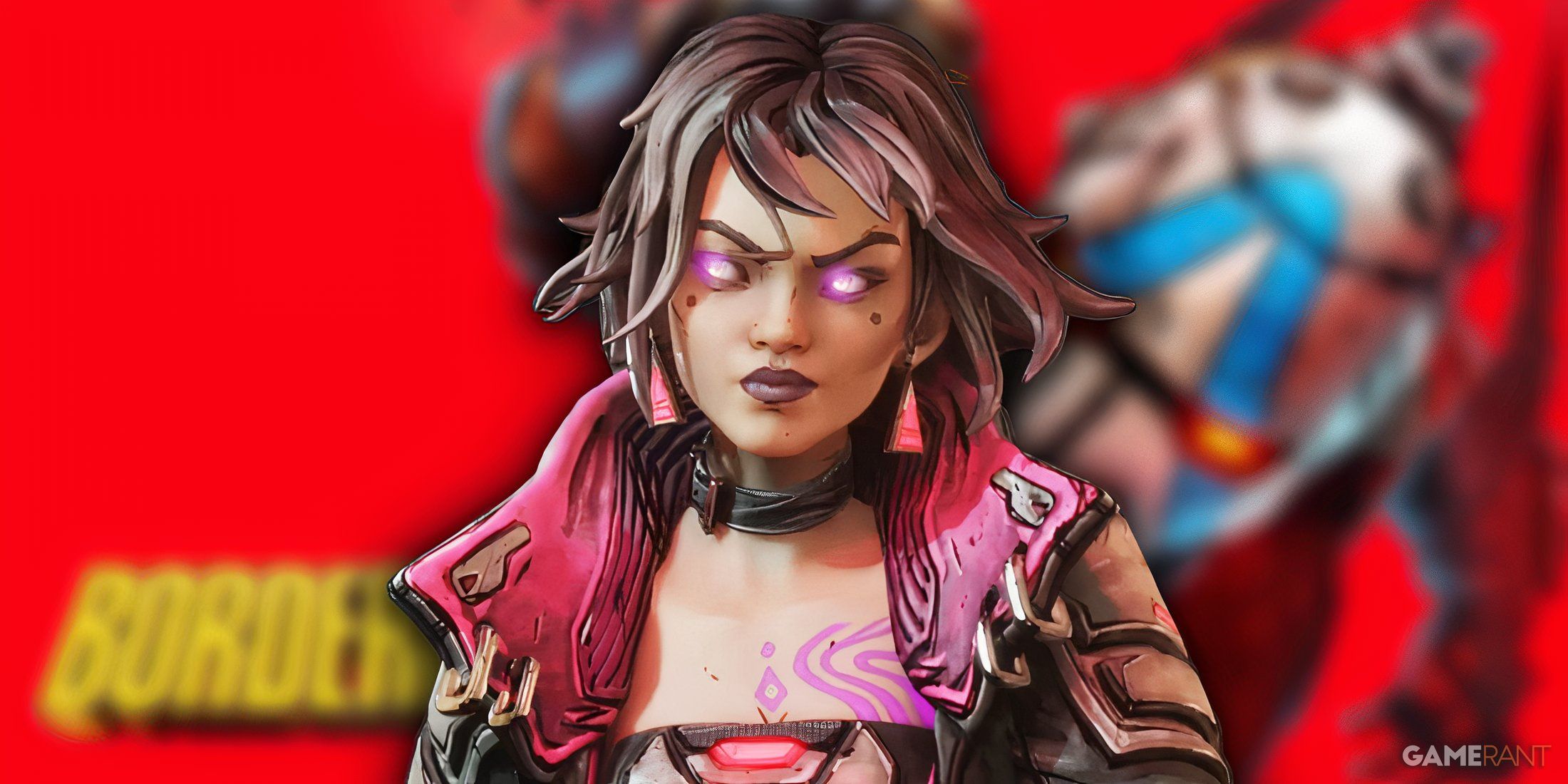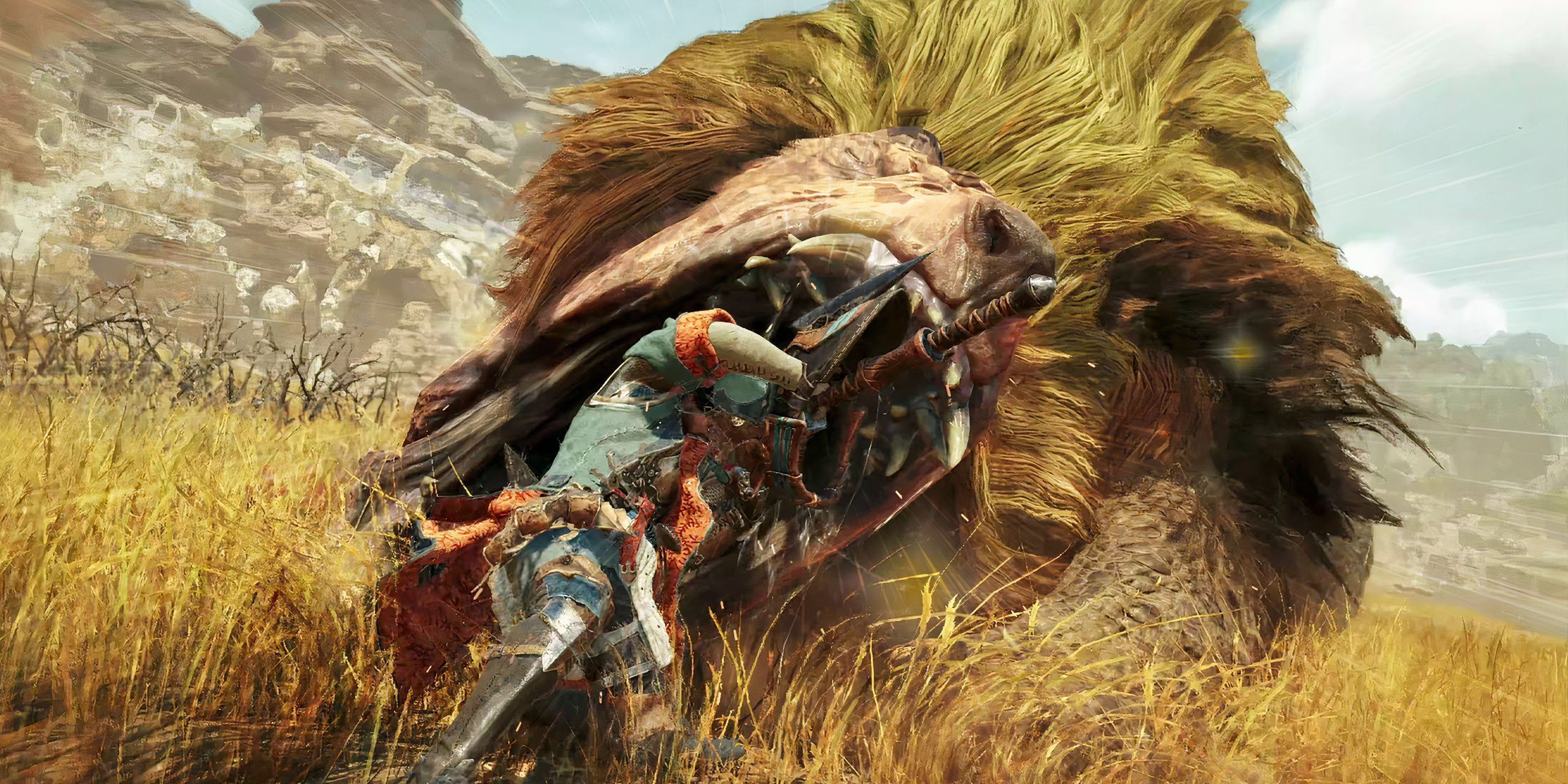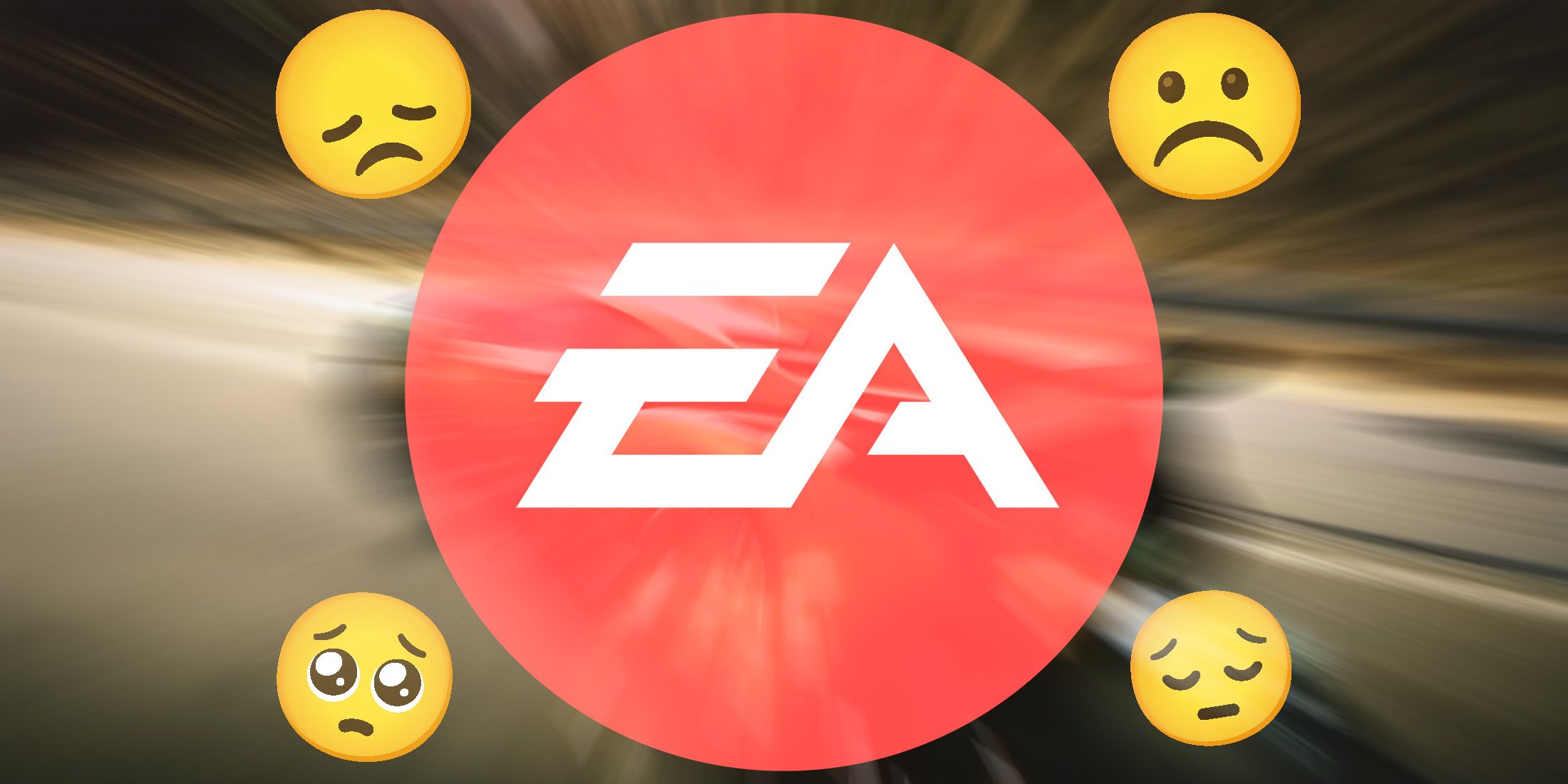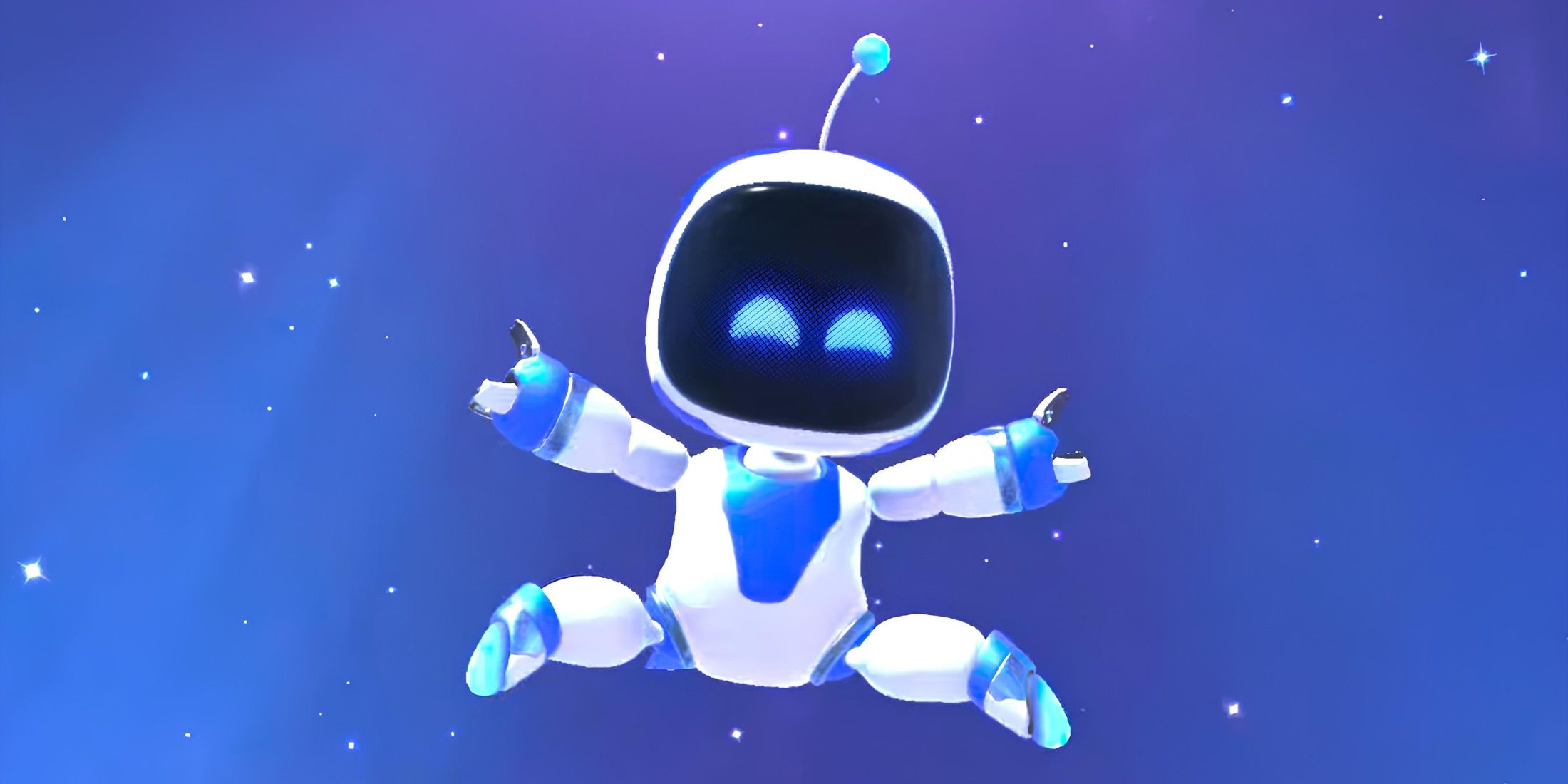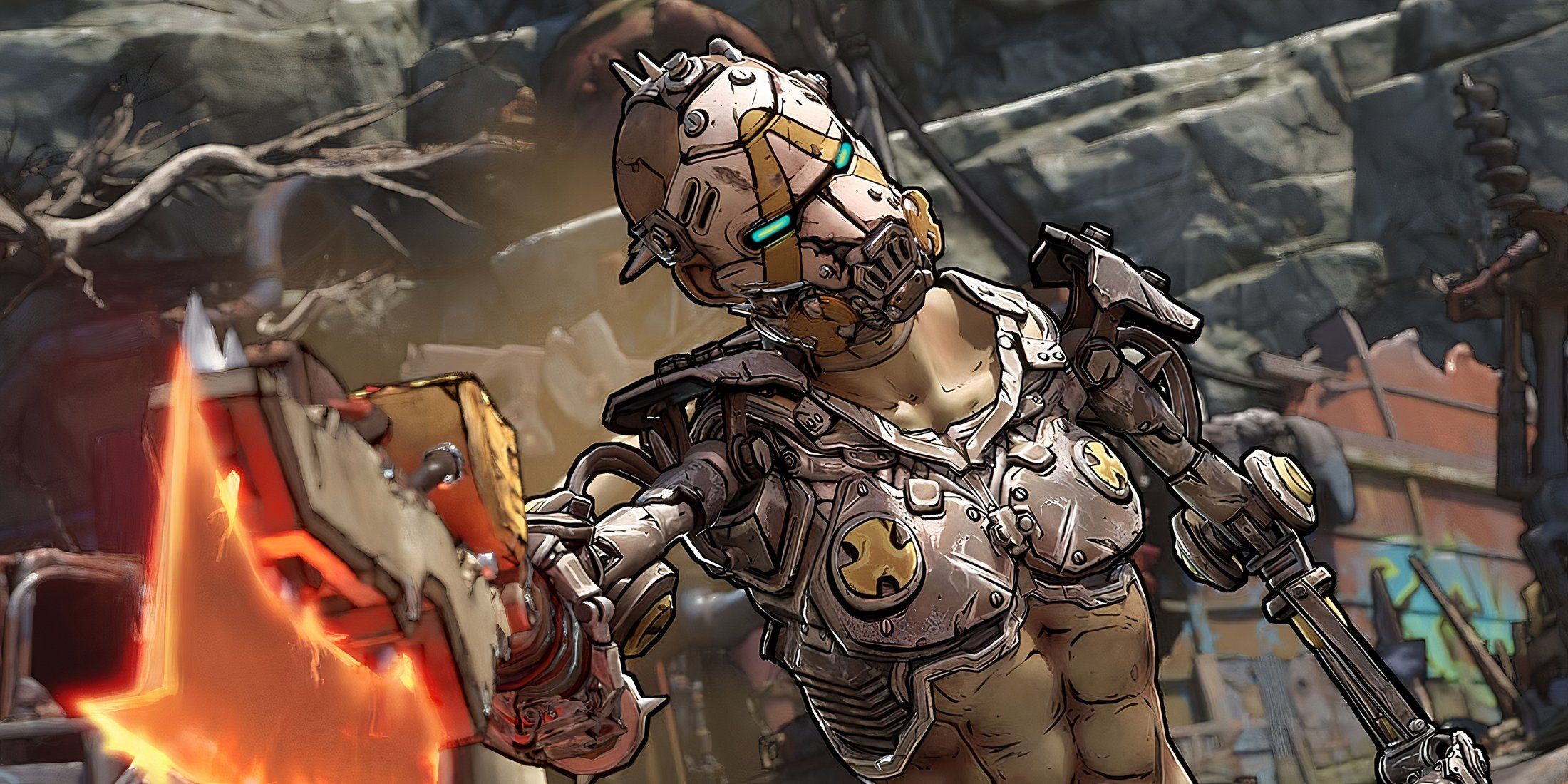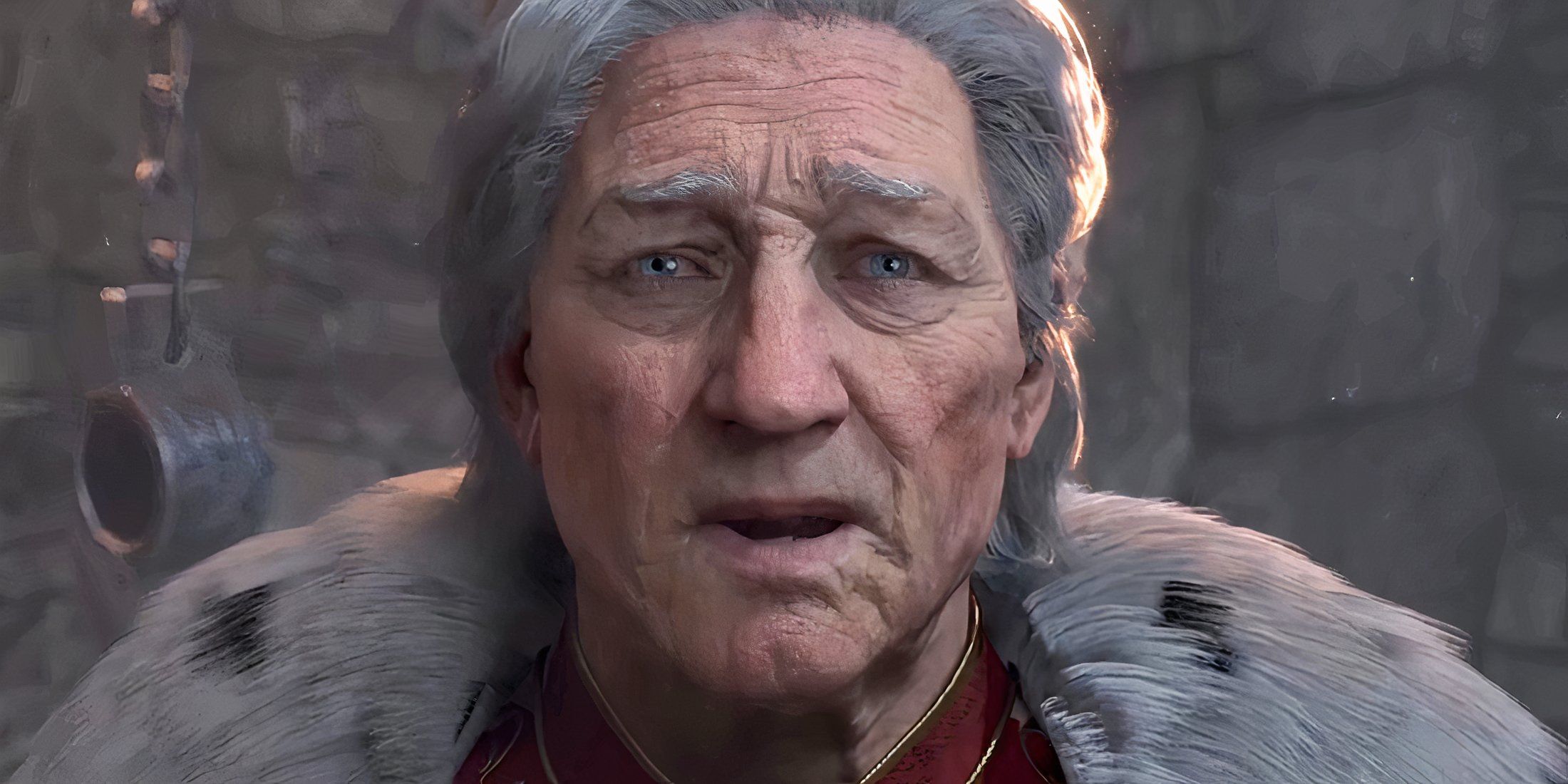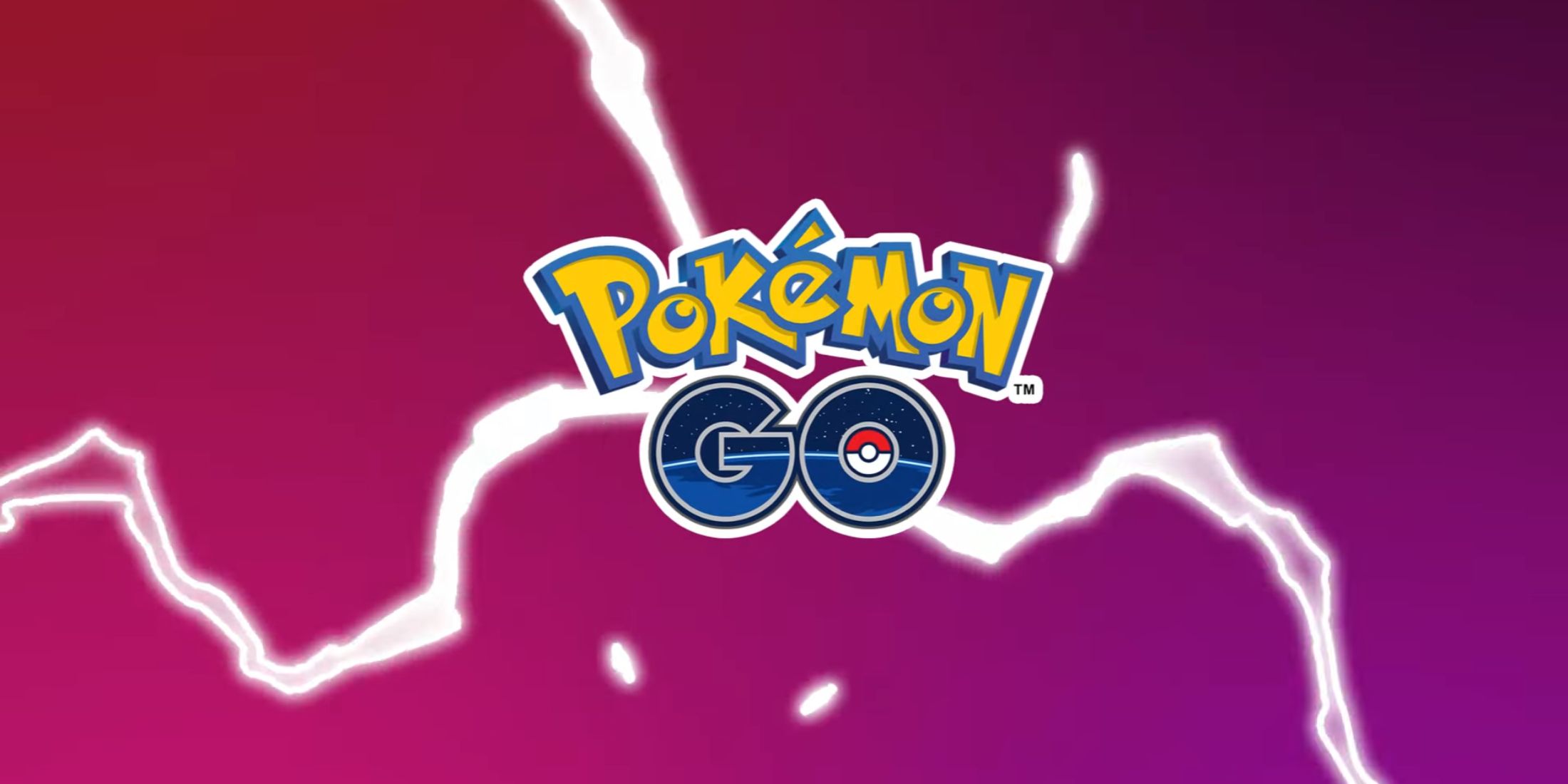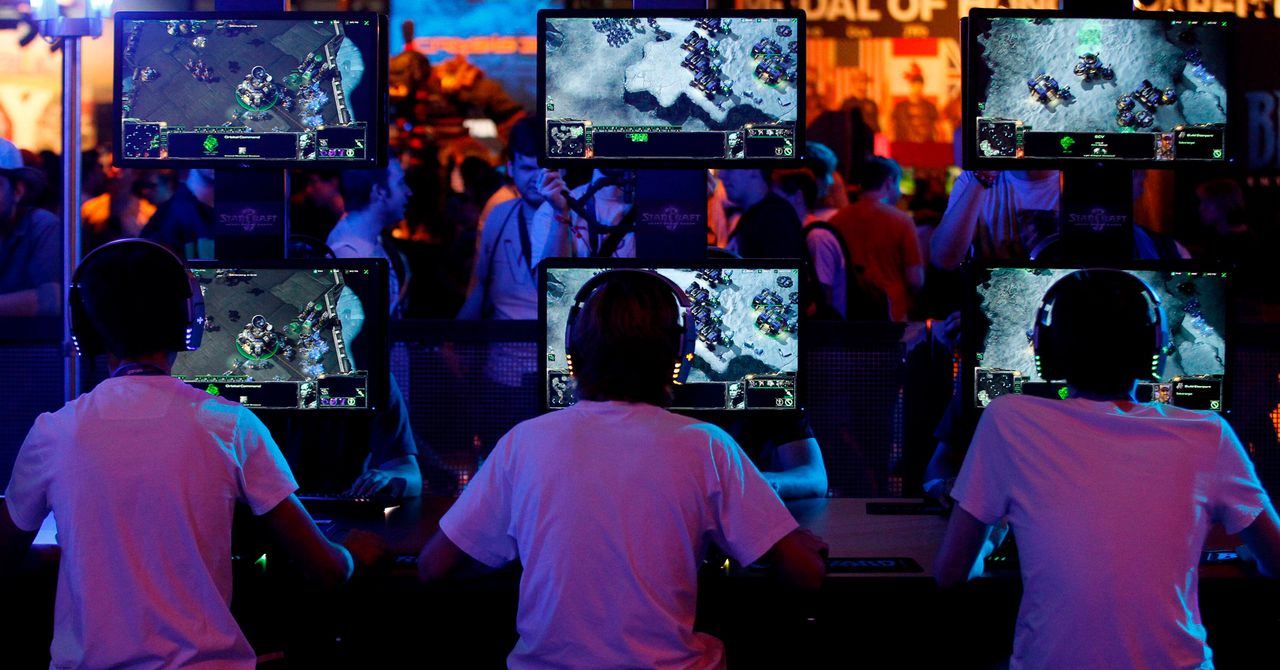
I can close my eyes and still hear the sounds of the mouse clicking, the grunts of the hero, the swing of a sword. I can feel the sweet anticipation of what loot was about to drop, the creeping fear of more monsters closing in. But more than that, I can place myself in my childhood room, the computer on my desk, my brother waiting his turn to play. There is a vividness to this memory; thinking about Diablo whisks me far away, even more than hearing a song of a lost summer.
Anyone who has played games for even a little bit of time can relate to this feeling, and maybe conjure it by replaying that classic title (or finding a YouTube video of it). But it wasn't until recently that I really put my finger on this and tried to understand the deep link between memories and games. The pandemic has given me more time to reflect and play—and start to appreciate this part of our hobby.
I've come to realize that, much as we use games to escape, games also help us remember; games are memory.
The power of our gaming memories is perhaps most clearly seen as nostalgia: in the rise of retro-style games and actual retro games, in the numerous remakes and remasters, and in game design elements like pixel graphics and a return to simplicity. The goal is to re-create that which is gone, for better or worse. Many of us yearn for our youth and those carefree days of playing a game, unblinking, until our eyes felt stuck open. Sure, there are the endless Hollywood remakes to cash in on our favorite old movies, and we can go back to photos, songs, and other media too. But I don't keep and wear that shirt from 8th grade or expect music to endlessly mimic pop-rock favorites from the ’90s (I wouldn't mind, though). We don't expect from other media the almost time-capsule-like quality that we find with old games.
Why is that?
Some research has explored how games affect our memory, and I don't just mean those "memory" or "brain" games, which often aren't very compelling and might not help your memory either. However, video games more broadly could improve your memory, and they generally affect your brain in different ways, from coordination to empathy. The power of nostalgia and video games is very much at the heart of the retro movement. There is an urge to relive those experiences, to feel connected to the past, to combat loneliness, to help find meaning in life. In short, to experience the benefits of nostalgia.

